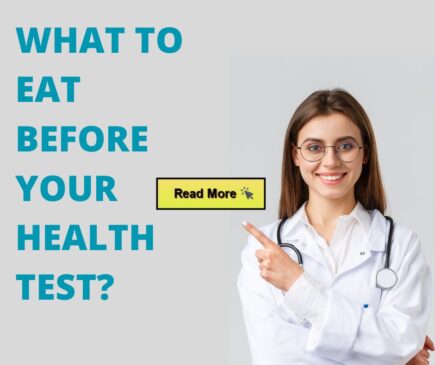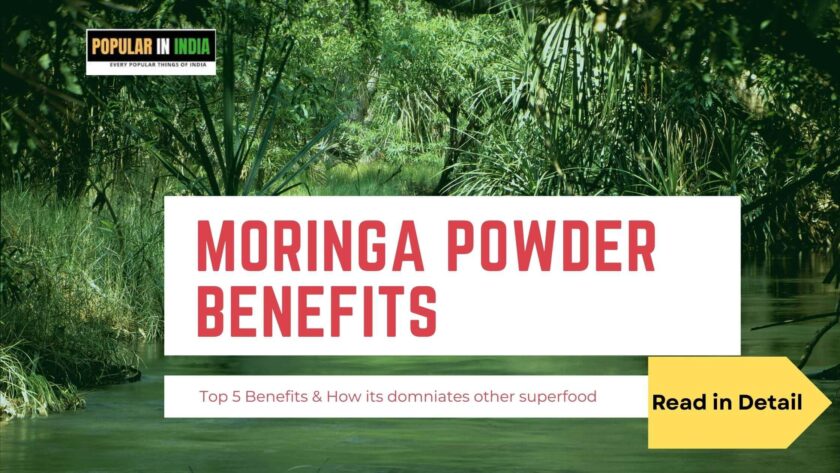As you gear up for an upcoming health test, it’s essential to understand the impact of your diet on accurate results 📊. Following the right pre-test dietary guidelines can significantly influence your medical assessment, ensuring that your health is evaluated optimally 🌟. Let’s explore the dos and don’ts of pre-test eating and how it can positively affect your overall well-being 🏥.
What to Eat Before Your Health Test 🩺?
1. Why Pre-Test Dietary Recommendations Matter:
Before we dive into the specifics, 🏊 it’s crucial to recognize why these dietary recommendations hold such importance. Pre-test dietary guidelines are designed to minimize interference from food or beverages, allowing healthcare professionals to obtain accurate readings and identify potential health issues efficiently 🎯.
2. Guidelines for Different Health Tests.
The dietary instructions vary based on the type of health test. Let’s break down the pre-test dietary guidelines for some common health assessments:
a) Fasting Blood Tests:
🌅 Fast for 8-12 hours prior to the test.
🚫 Avoid any food, beverages (except water), or medications during fasting.
📈 Fasting ensures accurate measurements of glucose, cholesterol, and triglyceride levels.
b) Lipid Profile Tests:
🕰️ Fast for 9-12 hours before the test.
🍔 Abstain from consuming high-fat foods the night before the examination.
c) Glucose Tolerance Test (GTT):
🍩 Fast for 8-12 hours before the test.
🥤 Consume a sugary beverage during the examination, and blood samples will be taken at specific intervals to assess glucose levels.
d) Liver Function Tests:
🍲 Usually, no specific dietary restrictions before the test.
💊 Consult your healthcare provider if you are on certain medications.
3. General Pre-Test Dietary Tips:
💧 Stay hydrated by drinking plenty of water, unless advised otherwise.
❌ Avoid alcohol and caffeine intake at least 24 hours before the test, as they can affect blood pressure and hydration levels.
💊 Consult your doctor if you take medications regularly to determine if any adjustments are needed before the test.
What to Do After the Test:
Once the health test is complete, you can resume your regular diet unless instructed otherwise by your healthcare provider 🔄. Schedule a follow-up with your doctor to discuss the test results and any further actions required to maintain your health.
Taking the right steps before a health test, including following pre-test dietary recommendations, is essential for accurate results and effective medical assessment. 📝 By adhering to these guidelines and being proactive in your approach, you can ensure a smooth and successful health test experience, leading to better overall health and well-being 🌈. Don’t forget to consult your healthcare provider if you have any specific concerns or questions about your pre-test dietary requirements 🩺. Embrace these dietary tips, and take charge of your health journey! 🏆
Read other related posts:-
🛑 Disclaimer:
The information provided in this blog post is for general informational purposes only and should not be considered as professional advice or a substitute for consultation with qualified healthcare professionals 🩺. While we strive to ensure the accuracy and reliability of the content, we make no representations or warranties of any kind, express or implied, about the completeness, accuracy, reliability, suitability, or availability of the information contained herein 📚.
Any reliance you place on the information provided in the blog post is strictly at your own risk. We are not responsible for any loss, injury, or damage arising from the use of this blog post or its content 🔍. Always seek the advice of your healthcare provider or a qualified professional with any questions you may have regarding a medical condition or any other matter related to your health 🏥.


